“It is not the healthy who need a doctor, but the sick.” ~Luke 5:31
There is so much revealed about Jesus in the very short story of the great banquet at Levi’s house. Who Jesus is and what Jesus came here to do and why and how he came to do it is revealed in his answer to the Pharisees who are questioning the sort of company he keeps. He is a doctor who has come to heal the sick. Those are his words. It sounds kind of like a mission statement, doesn’t it? I am a doctor and I have come to heal the sick. Why?
Because he knows. Jesus knows the world is sick. He knows God’s creation is sick. Men and women and children are sick. Families are sick. Communities and cities are sick. People are hurting, people are suffering, people are in pain and dying. And Jesus says I am the doctor!
The old prophet Jeremiah uses this kind of language as he is proclaiming the miseries of God’s people:
“We had hoped for peace, but no good has come; for a time of healing, but there was only terror… My heart is faint within me. Listen to the cry of my people… My people are crushed, I am crushed. I mourn and horror grips me. Is there no balm in Gilead? Is there no physician there? Why then is there no healing for the wound of my people?” ~Jeremiah 8:15-22
God’s people cry out, “Is there a doctor in the house?” And Jesus Christ, the holy Son of God answers, “I Am! It’s Me!”
I am bringing to you the new age of the Kingdom of God. I am bringing to you new power and new possibilities and new hope that’s never been there before. I’ve got complete forgiveness for you and full holiness and total righteousness. Everything that’s making you sick and tired and weak, everything that’s keeping you from being who and what God created you to be, everything that’s killing you – I’ve got the cure!
You know, a doctor like that – you probably can’t just show up to see him without an appointment. He’s probably booked for six or seven months or more. And a person like you – you probably couldn’t even get an appointment with a doctor like this. A doctor this good probably isn’t taking new patients.
Except, no! Praise God the Great Physician makes house calls! He comes to you and knocks on your door! He comes to you and it doesn’t matter who you are. It doesn’t matter where you are, he meets you right there. Jesus goes to the tax collector’s booth and then he shows up at the tax collector’s house, at his table!
In Revelation 3, Jesus says, “Here I am. I’m right here. I stand at the door and knock.” It’s a house call. Always. “I am standing right here and I’m knocking. And if you hear my voice and open the door, I will come in. And I will eat and drink with you and you will eat and drink with me.”
Peace,
Allan
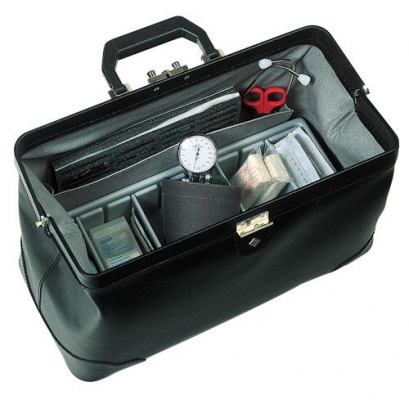
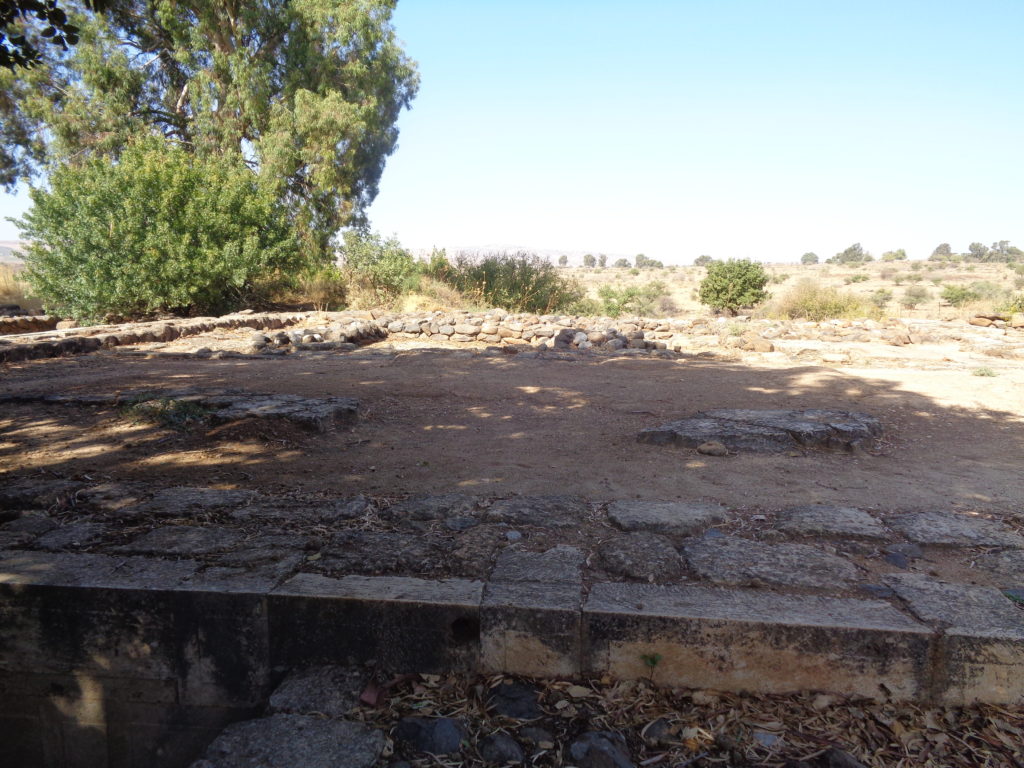


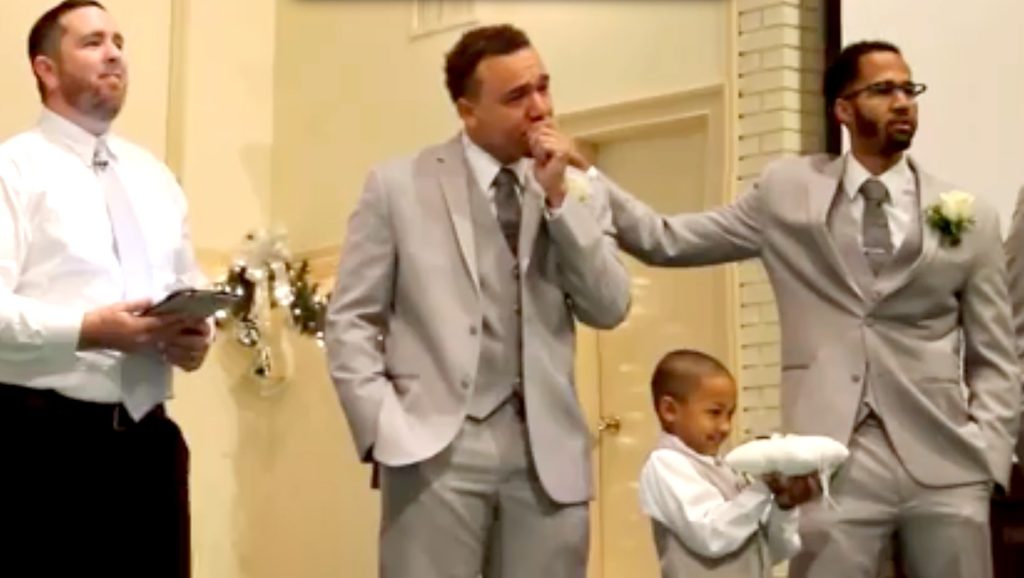
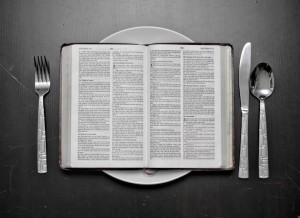
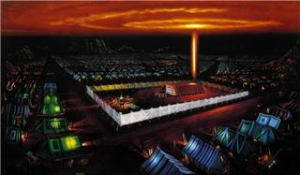
Recent Comments